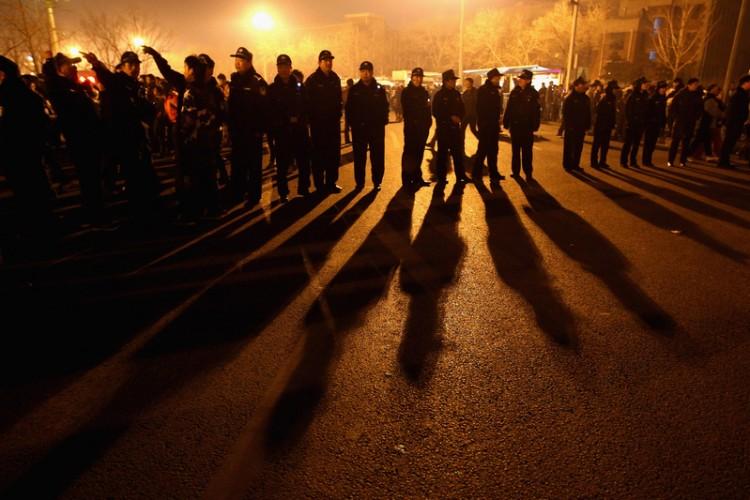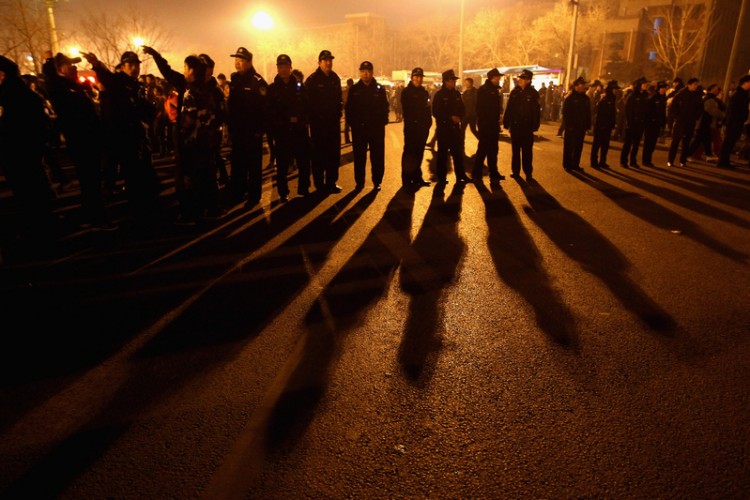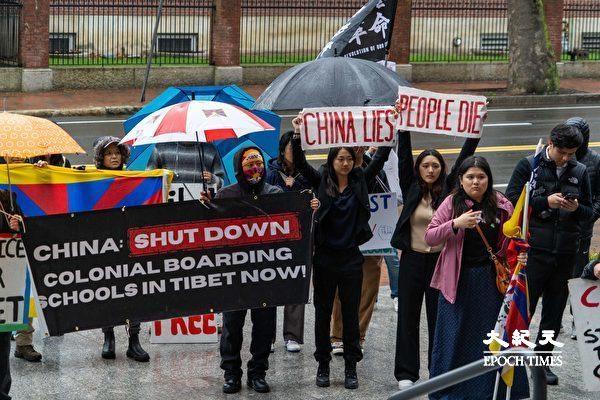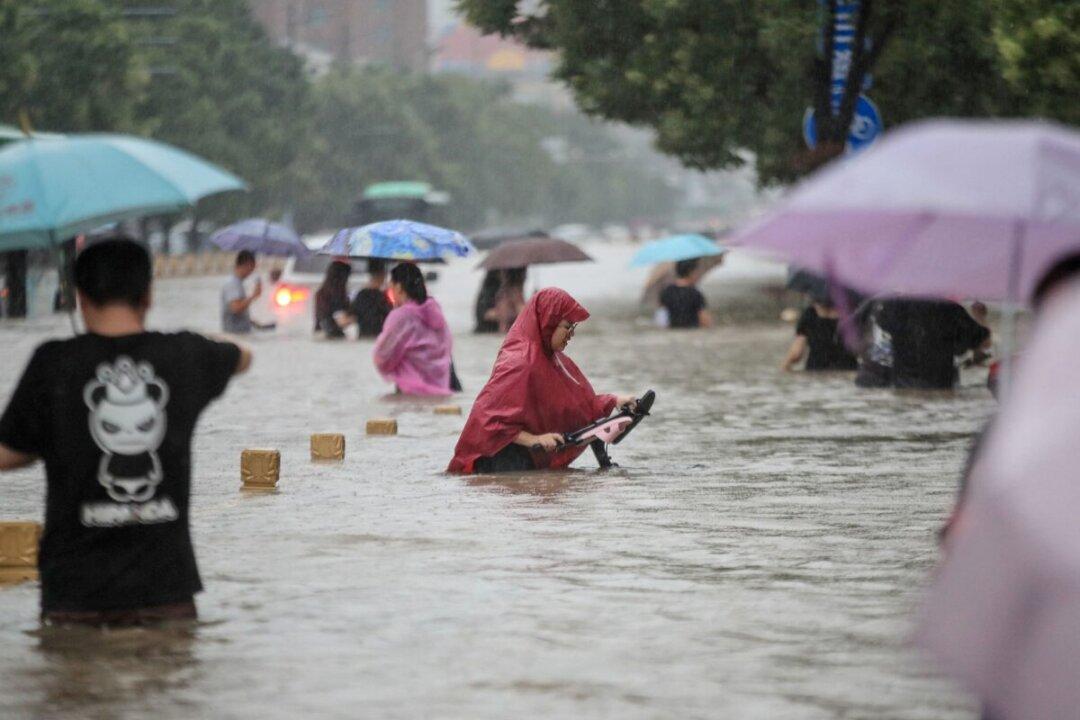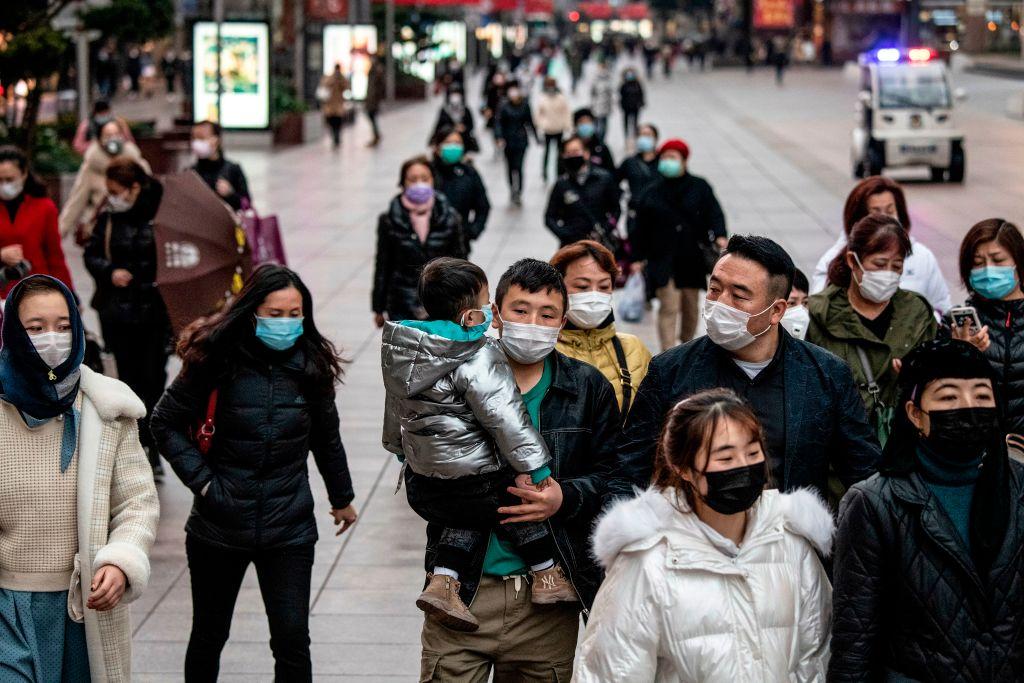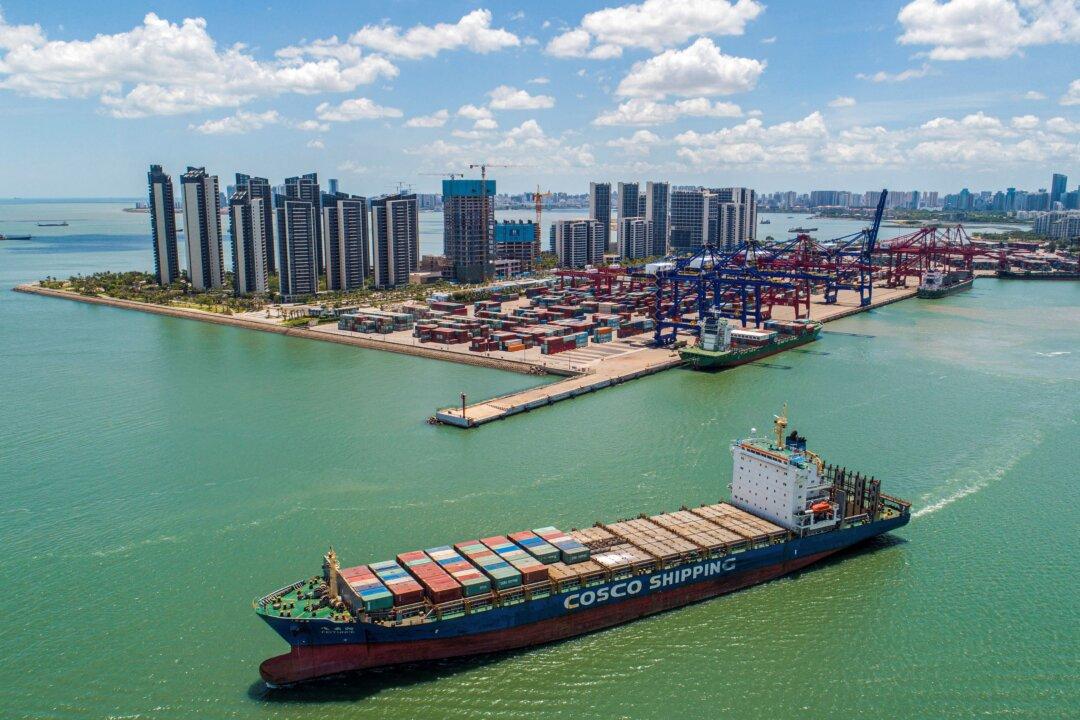Beijing police appear to be taking a new hands-off approach in dealing with petitioners who arrive from out of town to express their grievances at the capital—evidence of a significant change in the approach to handling public security in China.
The changes may be part of a number of shifts over the last few months, which appear to show Party leader Hu Jintao exerting greater influence and control over public security in China. This, analysts say, is connected to the downfall of the faction loyal to former Party leader Jiang Zemin, who included in his circle former Chongqing Party chief Bo Xilai, and security czar Zhou Yongkang; the former is in detention after a spectacular political downfall while the latter was reported to be under “internal control.”
According to witnesses, Beijing police have received orders from higher authorities that they are no longer permitted to assist officials from local governments with intercepting petitioners in Beijing.
Petitioning is China’s administrative system for hearing complaints and grievances from its citizens. It is estimated that around 150 million petitions were made in 2011, according to a U.S.-based Chinese dissident website Boxun, quoting from a leaked internal Party document compiled by the Central Commission for Discipline Inspection, the Party agency that investigates corrupt officials.
Previously, Beijing police would step in and cooperate with local police, plainclothes police, and/or agents hired by local governments to monitor and arrest petitioners who go to Beijing to appeal for justice. It used to be common for petitioners to be arrested by Beijing police and then sent back to their hometowns.
Ji Shulong, a rights activist from Funing County, Jiangsu Province, went to Beijing’s Dongcheng District Police Station at around 5 p.m. on July 19, demanding that police do something to compensate her for being unjustly arrested and beaten.
Ji told The Epoch Times that she witnessed three policemen from Hubei Province requesting assistance from Beijing authorities to apprehend nine other petitioners from their local area; but a female police officer told Hubei police to deal with it themselves. The female officer also phoned her chief to confirm the new regulations, forbidding Beijing police from assisting local authorities, Ji said.
After half an hour, the three Hubei policemen returned to the station demanding to know why they were helped last time, but not this time, Ji said. A Beijing plainclothes officer answered: “That was then. Not now. We have received new documents now. Now, police are not allowed to intercept petitioners, so no one dares to,” said Ji.
Ji also spoke with her local police chief, who confirmed the change in Party policy; Ji believes the police are aware of the change.
On July 21, a second petitioner from Hubei told the Sound of Hope (SOH) Radio Network that two days earlier, a number of personnel from Yunnan Province arrived to arrest Yunnan petitioners at the Beijing South Railway Station, and Beijing police did not assist them as before. “The police didn’t say whether or not those people from Yunnan were allowed to intercept the petitioners,” she said.
Another petitioner from Liaoning Province told SOH that he had witnessed five or six people trying to apprehend petitioners, but when the police arrived, the people left immediately.
Party leader Hu Jintao, along with Premier Wen Jiabao, Vice President Xi Jinping, and Vice Premier Li Keqiang, attended a nationwide conference on handling petitioners in Beijing on July 13, a rare occurrence for officials at that level. Washington-based China affairs expert Zhang Jielian told SOH that it shows that Hu attaches great importance to the issue, and that Zhou Yongkang has lost his control over the Beijing public security system.
“It means that different people are now in charge of this type of work, and it is now directly controlled by a higher authority,” Zhang added. “The signs are very clear.”
Other signs indicate changing winds. Most recently a training class for 1,400 new city- and county-level police chiefs was held by the Public Security Bureau. Included were lessons learned from a globally publicized incident in Wukan, Guangdong Province, last September, where villagers revolted and expelled Party officials. The matter was resolved peacefully. Heng He, a political commentator for New Tang Dynasty Television, thinks the promotion of the Wukan Model again signals the lessening of Zhou Yongkang’s violent “stability maintenance” policies.
Read the original Chinese article.
The Epoch Times publishes in 35 countries and in 19 languages. Subscribe to our e-newsletter.
Click www.ept.ms/ccp-crisis to read about the most recent developments in the ongoing crisis within the Chinese communist regime. In this special topic, we provide readers with the necessary context to understand the situation. Get the RSS feed. Get the new interactive Timeline of Events. Who are the Major Players?
